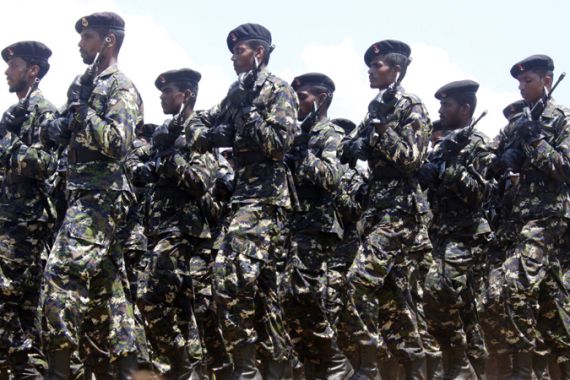
Egyptian media: In its new rulers’ grip?
Clashes in Cairo and once again the media’s reporting becomes an issue. Also, the media narrative in post-war Sri Lanka.
On October 9, violence broke out on the streets of Cairo again. This time it was not between pro-democracy reformists and supporters of Hosni Mubarak, the country’s former president, but between Coptic Christians and the armed forces.
After the overthrow of the Mubarak regime eight months ago, Egyptians hoped for changes in the country’s news outlets – especially the state broadcaster. But coverage of the violence on al-Masriya, the state-funded channel, was less journalistic than it was propagandistic. Even before the clashes, Egyptian journalists were saying that government control of the media is worse now, under military rule, than it was under Hosni Mubarak.
Our News Divide this week looks at whether the only thing that has changed on the Egyptian airwaves is where the media owes its allegiances.
In our News Bytes this week: To mark the 15th anniversary of Fox News the network’s owner and president appear on Fox & Friends. But at a less festive event – the Occupy Wall Street demonstrations – a Fox News reporter gets a frosty reception; CNN’s Business Correspondent gets criticised for her twitter postings about the Wall Street protests; One of the most popular TV shows in China has been taken off the air in a move that observers say is political and an online tirade shows, not only the stresses of being a freelance journalist but the perils of twitter as well.
One of the consequences of war is that even after the fighting stops media freedom remains precarious.That is what it is like in Sri Lanka more than two years after its Sinhalese-led government declared victory in its 26-year-long civil war with the separatist forces of the Tamil Tigers.
During the war – especially towards the end – the government denied the media access to the war zone. Government rhetoric at the time was, “you are either with us, or against us”. Now, after the war that sentiment has continued and has been directed particularly at the media.
Journalists investigating what happened during last days of the war, or even looking into more mundane stories alleging government corruption or wrongdoing still find themselves working in dangerous territory. The Listening Post’s Meenakshi Ravi looks at the media environment in post-war Sri Lanka and the ongoing struggle in which journalists find themselves, in reporting on the government.
One of the first YouTube videos to go truly viral was from an American comedian and motivational speaker. It was called the Evolution of Dance and charted 50 years of popular dance routines in six minutes, racking up more than 182 million hits online. Now the Viral Factory, a UK-based promotions company, has updated that formula and charted 100 years of dance, music and fashion in 100 seconds. It is closing in on three million hits so it has got some catching up to do. Nonetheless we made it our Internet Video of the Week.
Listening Post can be seen each week at the following times GMT: Saturday: 0830, 1930; Sunday: 1430; Monday: 0430. Click here for more on the Listening Post. |
